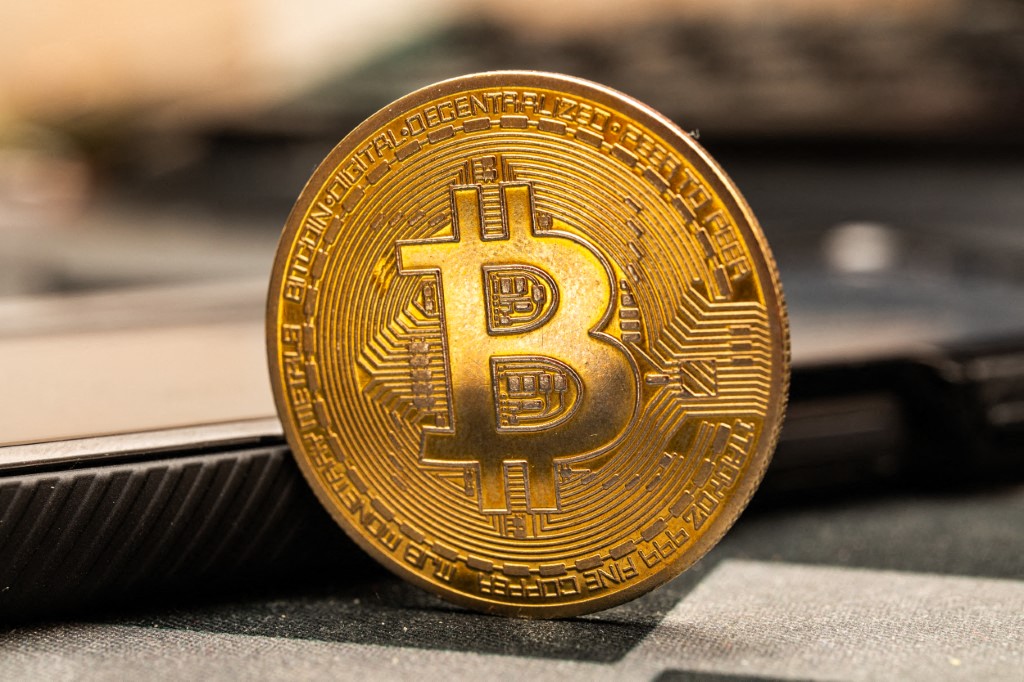In 2025, the world of investing is moving at unprecedented speed, driven by global economic shifts, rapid technological developments, and a growing public appetite for financial independence. Amid this dynamic landscape, one question is echoing across trading forums and investment groups: Is trading still profitable today? Particularly with volatile markets, the rise of artificial intelligence, and a global openness to unconventional investment tools.
This article takes a grounded look at the current state of trading, stripping away the glossy slogans to present a clear, practical view. We examine the opportunities and challenges, share insights from a seasoned expert, explore tools like gold, and compare the mindsets of successful traders with those who fall prey to greed and impulsivity.
Between Ambition and Reality: What Is Trading?
At its core, trading is the act of buying and selling financial assets to make a profit from price changes. But this simple equation conceals a complex world that requires market knowledge, data analysis skills, and discipline in decision-making.
A common mistake? Many people jump in, lured by flashy ads that promise quick riches. But according to a study by Finance Magnates, over 70% of new traders lose money within their first three months, mainly due to poor training and weak risk management.
What Makes Trading Attractive in 2025?
Financial freedom – the ability to work from anywhere, at any time.
Diversity – access to a wide range of assets including currencies, stocks, indices, gold, and even cryptocurrencies.
Technological advancements – AI-powered trading apps and real-time analytics have made markets more accessible than ever.
But as Fadi Haddad, financial markets analyst and founder of "Market Mentor," explains:
"Trading is no longer a domain exclusive to experts, but it’s still unforgiving to the uninformed. Everyone has access to technical tools, but deep market understanding is what separates winners from losers."
Gold in 2025: Safe Haven or Speculative Play?
With geopolitical tensions high and fears of a global recession looming, gold has returned to the spotlight.
According to the World Gold Council, global demand for gold jumped 14% in Q1 2025 compared to the same period in 2024, with gold ETFs seeing inflows again after two years of decline.
Why gold?
It isn’t tied to any single company’s performance.
It serves as a store of value when confidence in markets falters.
It responds directly to central bank policy—especially moves by the U.S. Federal Reserve.
How to Start Smart
Open a demo account – Practice trading with no real financial risk.
Learn both technical and fundamental analysis:
Technical: relies on price charts and patterns.
Fundamental: looks at economic news, interest rates, and inflation trends.
Risk only 2% of your capital per trade.
Stay realistic – even the best traders take losses sometimes.
Hussein Khoury, a financial digital transformation expert and advisory board member at Arab FinTech Alliance, puts it plainly:
"The successful trader in 2025 is the one who masters AI-based tools and manages risk as well as profit. Speed alone is no longer enough. The market rewards patience and discipline."
Trading vs. Gambling: Knowing the Difference
In financial markets, many beginners confuse strategic trading with gambling, though the distinction is fundamental.
Informed trading is rooted in analysis—using data, charts, and economic news to make rational decisions. Gambling, by contrast, relies on luck or emotion. It’s driven by impulses, not logic.
The informed trader follows a structured capital management plan, sets risk limits, and uses stop-loss orders. The gambler tends to go all-in on a whim—driven by greed or blind hope.
And when losses occur, the difference becomes crystal clear:
The trader accepts it, learns, and adjusts strategy.
The gambler panics, denies the loss, and often doubles down, leading to bigger damage.
In short, Smart trading is a professional, knowledge-based discipline. Gambling is a reckless leap into the unknown.
So, Is It Profitable?
Yes… But with conditions.
Trading gold, forex, or stocks can be profitable for those who invest in themselves first. Learn. Fail. Learn again. Start slow.
At the end of the day, trading is like medicine, law, or programming:
Those who master it profit. Those who don’t get misled.
So if you're thinking of entering this world, start with learning, not depositing. Don’t believe any platform promising guaranteed daily returns. Remember, your real capital is a cool head and a well-thought-out plan.
Please post your comments on:
[email protected]
 Politics
Politics













